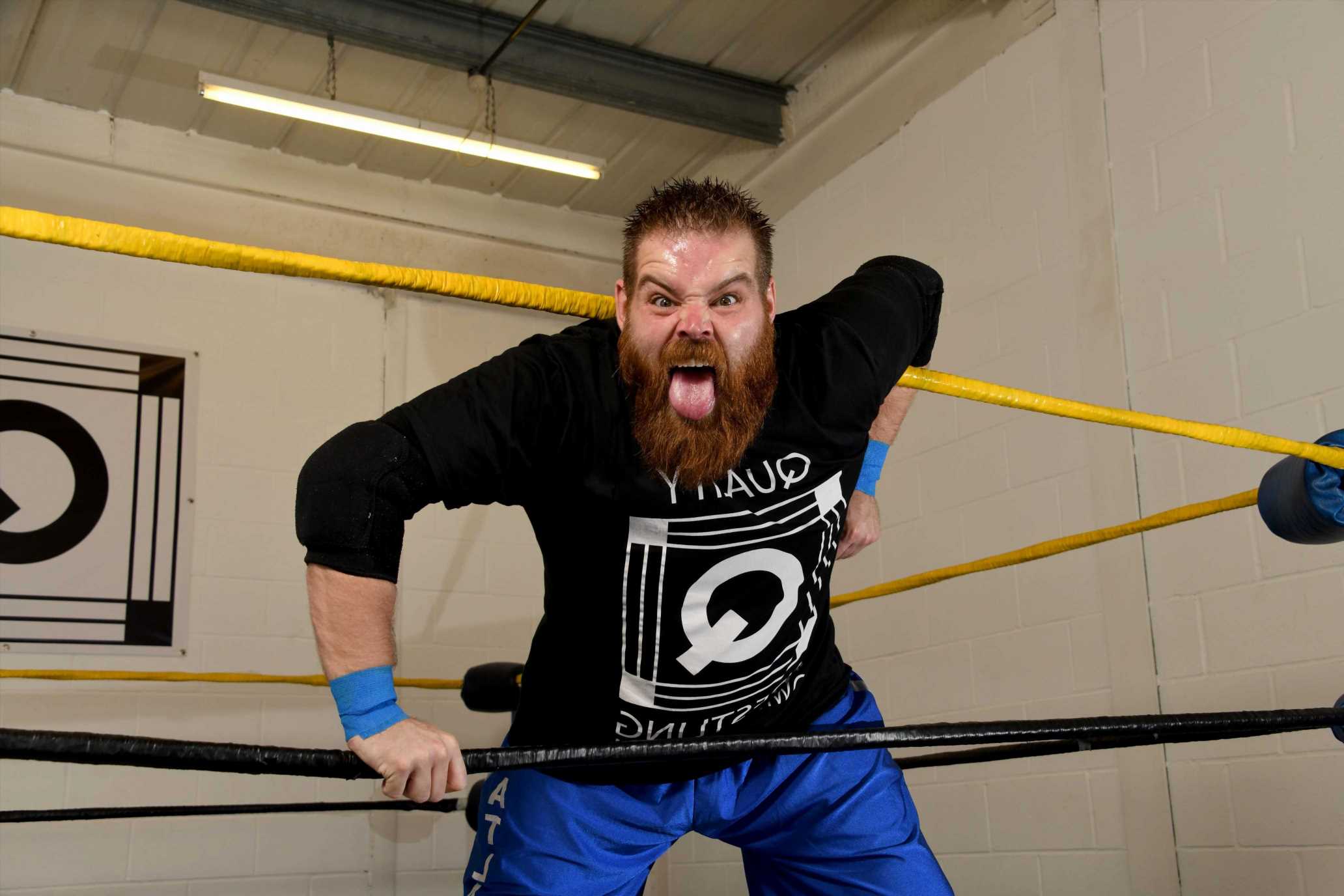Young people in the legal industry believe money has been put over safety and wellbeing. claiming the penalty handed down to a former Russell McVeagh partner who touched several interns without consent didn’t reflect the severity of his actions.
This month a Lawyers and Conveyances Tribunal handed down a suspension of two years and an order to pay $100,000 in costs to James Gardner-Hopkins, who was found guilty of six charges of misconduct.
The incidents occurred in the 2015-16 summer, and the case is widely thought of as sparking Aotearoa’s #MeToo movement when it was reported in 2018.
Otago law student Charlie Robinson believed the penalty was “disappointing to say the least” as well a “complete let down” to every junior lawyer in the country.
“I feel like a lot of people lost a bit of hope, that some sort of justice would be served, especially for such a high-profile case.”
Robinson, who is a student representative on the Aotearoa Legal Workers Union (AWLU), said he was expecting more of an acknowledgement of the damage that was done.
He told the Herald that in his opinion the judgment and sentence didn’t reflect the impact the misconduct had had on the victims, and focused too much on what Gardner-Hopkins had lost.
The penalty ruling referenced the “very significant consequences” that arose as a result of his actions, including a “significant drop in income” and how he had become the “face of” sexual harassment in the legal profession.
“He acknowledges that he only has himself to blame for that, but has lost many professional associations, clients and been ‘uninvited’ from professional events,” the ruling said.
As well as this, the tribunal said the effect on the victims was “far reaching” and that some had left the profession altogether as a result, while others changed to different areas of the law.
“As one of them explained during the liability hearing, the fact that they were not safe from a partner, led to a feeling that they could not be safe anywhere in the workplace.”
The penalty effectively shows, in Robinson’s opinion, that junior lawyers have to look out for themselves and partners can do “whatever” they want.
Although Robinson said he does feel safe in the firm he’s clerking at now, he thinks the ruling is reflective of a larger picture of exploitation that junior lawyers face.
Another young lawyer, who spoke on the condition of anonymity, shared similar beliefs and didn’t think the penalty was adequate.
“Somebody has committed such an egregious offence, has admitted to it, has multiple witnesses that have corroborated that. And then they continue to practice for six years in the profession… Then they just get slapped on the wrist with a two-year suspension.”
He said the outcome “doesn’t make you feel safe” and also thought more weight was put on Gardner-Hopkins’ lost earning potential than the level of emotional and physical distress put on the victims.
“Two years feels like a joke, compared to the gravity of what has been admitted too.”
Just last year Auckland solicitor Jesse Seang Ty Nguy was struck off after using a client’s funds to pay off his debts.
And in 2018 Robyn Philippa was struck off for misconduct by reason of disgraceful or dishonourable conduct in relation to an insurance policy she held and cashed in on.
Victoria University of Wellington law student Katie Daly also believed the decision discussed how hard the “whole ordeal” had been on the perpetrator considerably more than its impact on the victims.
“If such a gross and blatant case of misconduct doesn’t warrant being disbarred, it makes you wonder what kind of awful behavior it would take to reach that outcome.”
Daly felt the case had tarnished the legal profession’s reputation, and said friends and family members had asked if she thought she’d be safe in her first legal workplace.
While Daly said she currently works in a supportive firm, a person’s safety shouldn’t be reliant on the specific workplace they chose.
“This judgment is not going to reassure the public, or members of the profession, that serious misconduct is taken seriously. The best thing that has come out of the case is the collective outrage being expressed by so many practitioners about how far this penalty fell short.”
During the tribunal hearing last year, several former summer clerks testified that Gardner-Hopkins had touched them inappropriately, with one woman describing that she felt like a “piece of meat”.
Another woman said she felt “extremely” distressed and “cried all weekend” after he had touched her without consent and allegedly touched her friend’s breast in front of her.
When she discovered other women claimed they too had experienced misconduct she said it was “terrifying” because it made it feel like it’s “inescapable”.
Legal academic Ana Lenard, who specialises in lawyers’ obligations and the culture of the legal profession, said that in her opinion Gardner-Hopkins should have been struck off.
“The Tribunal focused on the ‘very significant consequence’ of losing a prestigious and lucrative partnership at Russell McVeagh.But Mr Gardner-Hopkins went on to practise law [as an independent barrister].”
Lenard said barristers, who can make an easy six figures, were a pool of experienced independent advocates from which Queen’s Counsel and judges are often selected.
“The victims, on the other hand, never had the opportunity to have a prestigious Russell McVeagh partnership.”
Experiencing sexual assault or abuse in the workplace, she said, had lifelong consequences and is a deeply isolating professional experience.
An “unfortunate ceiling” was set by the Tribunal when it emphasised the need for consistency in the penalty with recent similar cases, which Lenard said were less serious.
“Mr Gardner-Hopkins, if struck off, would have been allowed to apply for re-admission to the bar one day.[Being struck] off does not need to be a permanent penalty, but it certainly has better gate-keeping processes than a two-year suspension in terms of assessing whether one is fit and proper for legal practice.”
Echoing others, Lenard said that she believed the message that this case sends is that preserving Gardner-Hopkins’ career in the law was ultimately more important than the lost opportunities and consequences the victims have faced.
“Without proper consequences for workplace abuse, how will our junior lawyers feel safe?Why will they bother complaining if they have been abused?And ultimately, why enter the legal profession at all if these are the risks you might be exposed to?”
Lenard also acknowledged the victim’s courage and how “extremely difficult” participating in disciplinary proceedings.
“It is also disappointing that the Tribunal did not refer to its ability to make a compensation order in favour of the victims.The prospect of going through a multi-year complaints process as a junior lawyer without any recovery for the economic loss you have suffered (like legal fees and counselling) would have a chilling effect on people wanting to bring complaints.”
Standards Committee lawyer Dale La Hood had argued during the penalty hearing that being struck off should be the starting point and the penalty imposed needed to be sufficient to denounce the conduct to Gardner-Hopkins and the wider profession.
Gardner-Hopkins’ lawyer, Julian Long, said then that when the incidents occurred his client’s behaviour was unfortunately more common in law workplaces.
Long told the Tribunal that his client had committed to change in terms of his drinking and that further work could be done without him being removed from the profession.
ALWU co-president Tess Upperton and secretary Jaini Patel were both unhappy at the result, with Upperton telling the Herald she believed the suspension indicated something was broken.
“If a partner can [inappropriately touch] interns and not be disbarred, you have to ask what standard we are holding ourselves to as a profession.”
Patel said she felt ashamed to be part of the profession following this penalty, which she said shows victims can do “all the right things” but perpetrators will get a “stern warning” and another chance.
“I think it shows that the industry is a bit screwed really, because if something this serious gets this sort of penalty, what about stuff that’s a lower level of misconduct.”
After Gardner-Hopkins has completed the two-year suspension, he will need to apply to a Law Society practice approval committee for a new practising certificate.
The Tribunal wrote that at the end of his suspension Gardner-Hopkins needs to
satisfy the Practice Approval Committee (PAC) that he has undertaken appropriate
treatment/therapeutic interventions to mitigate any risks that might remain.
Source: Read Full Article

/cloudfront-ap-southeast-2.images.arcpublishing.com/nzme/HPLSG3CC5MCERGVOJ45H4YGABM.jpg)
/cloudfront-ap-southeast-2.images.arcpublishing.com/nzme/ML4JNDZW4ABL24S2NXL6VBCTPU.jpg)
/cloudfront-ap-southeast-2.images.arcpublishing.com/nzme/WBENYMFB5HKL4BCY5P4ZYTDVE4.jpg)
/cloudfront-ap-southeast-2.images.arcpublishing.com/nzme/J4OBWN7SHPJLG4CKO2S62JK6VQ.jpg)

